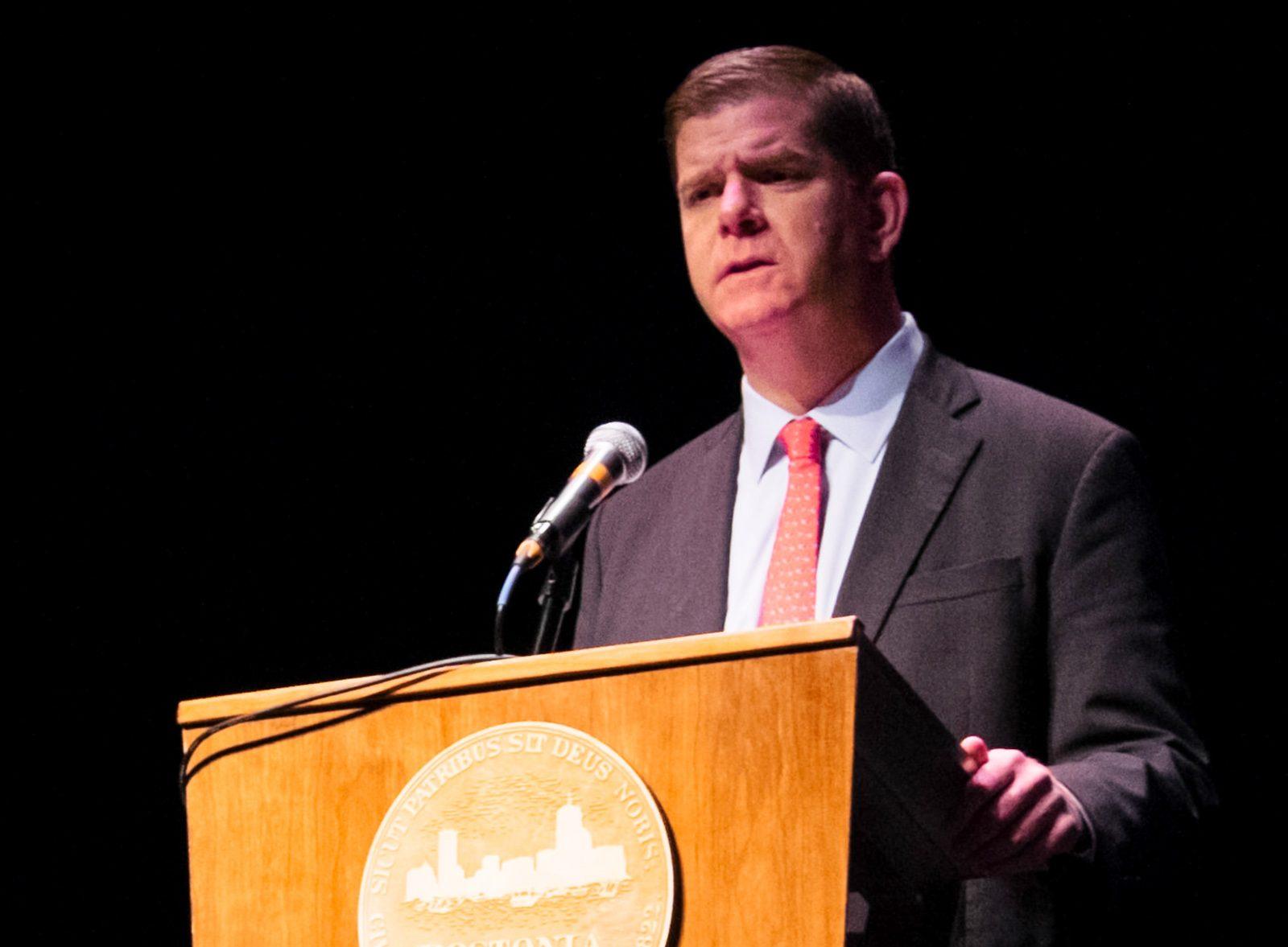From our most basic elementary school classes, we are taught the benefits of sharing. If you share a cookie with a classmate, you may receive one in return. And, if not, you’ve passed on a positive experience with a newfound friend. The lessons of sharing and collaboration extend far beyond kindergarten and even institutions of higher education. Too often do we fall short when it comes to sharing knowledge, insight and personal experience. If you are not an expert in a specific subject area, chances are that there is an expert out there. To expand on that, chances are that an individual expert is more than willing to share his or her knowledge.
Often, there have been opportunities for streamlining the policy process or better allocating funds if those making major decisions were better connected with those “on the ground.” Boston Mayor Martin Walsh has essentially eliminated this challenge with the recent release of the first draft of Imagine Boston 2030. The initiative is a long-term plan for the overall betterment of Boston as a global city, with areas of focus ranging from sustainability of the waterfront to housing affordability.
Beyond the groundbreaking ideas, the standout aspect of this report is how it was actually compiled. The entire report was created as a result of the input of over 12,000 Boston residents, sharing their thoughts on what they believe requires most improvement. As a result, a document of over 300 pages was developed.
This is a novel approach to implementing change and deserves applause. Walsh demonstrates that he cares about bringing about meaningful change, doing so in a way that echoes the actual thoughts and concerns of the residents of Boston. The input is not isolated to a particular geographic, socioeconomic or racial segment of the population. This reiterates the vital point that we are all Boston residents and deserve to have our grievances and recommendations accounted for.
The presentation of the information is also incredibly visual and engaging, allowing the information to be processed and consumed by the general public. While an initial proposal or mockup may be visually appealing, this outlines all of the information in a way that can be easily understood, which will lead to further input. The interactive map, in particular, allows residents to see the direct potential impacts on their neighborhoods, putting the onus directly on them to voice a change if they deem it necessary.
Crowdsourcing is most effective for developments in response to climate change and to implement change on college campuses. As Boston’s status as a hub for innovation becomes more prominent, it becomes an obvious move to seek out the city’s best and brightest to solve problems. With so many intelligent individuals located in such a small area, it is in the city’s best interest to utilize their input, because they are the ones who can actually prevent the city from things like devastating floods and rising water levels.
College campuses also highly benefit from the idea of crowdsourcing and collaborative ideas. Though this editorial board has made this point before, campuses make up a vast majority of the city, but our voices are often drowned out because we do not hold positions of authority in the city. Our fleeting presence in the grand scheme of things makes our voices seem less legitimate than permanent residents, despite our prominent presence in the city. Like Walsh, we will certainly not be around forever, but can still better the experiences of those who come after us.
The most appealing component of this plan is that it is a draft. By leaving the end result open, Walsh further legitimizes his statement of valuing the opinion of each and every Boston resident. If Walsh were to come to a final consensus after a single round of polling, the idea of continued improvement would be lost. This gives residents an opportunity to examine the collected information and contribute even more.
Repeated praise for Walsh’s approach to continuous improvement is warranted. With Imagine Boston 2030, he proves that he has Boston’s best interests at heart and should be commended for thinking like this.






















































































































